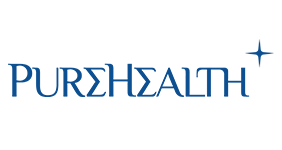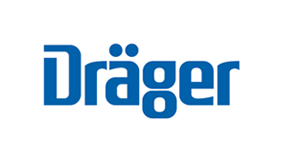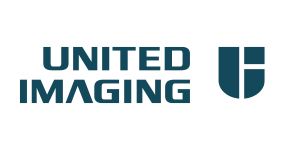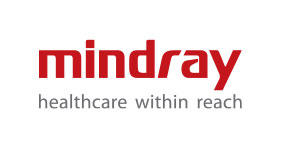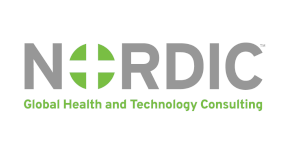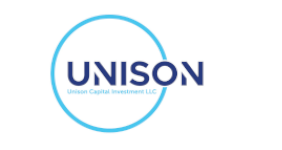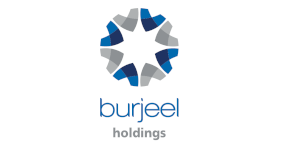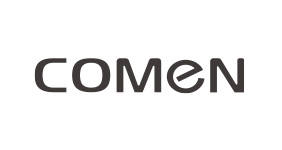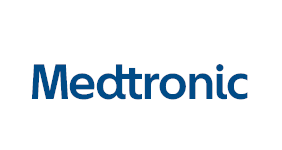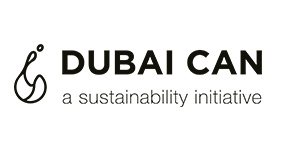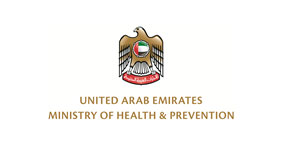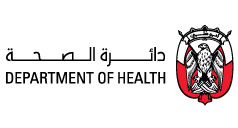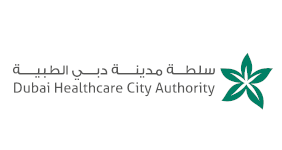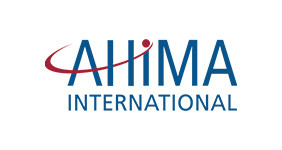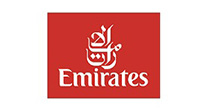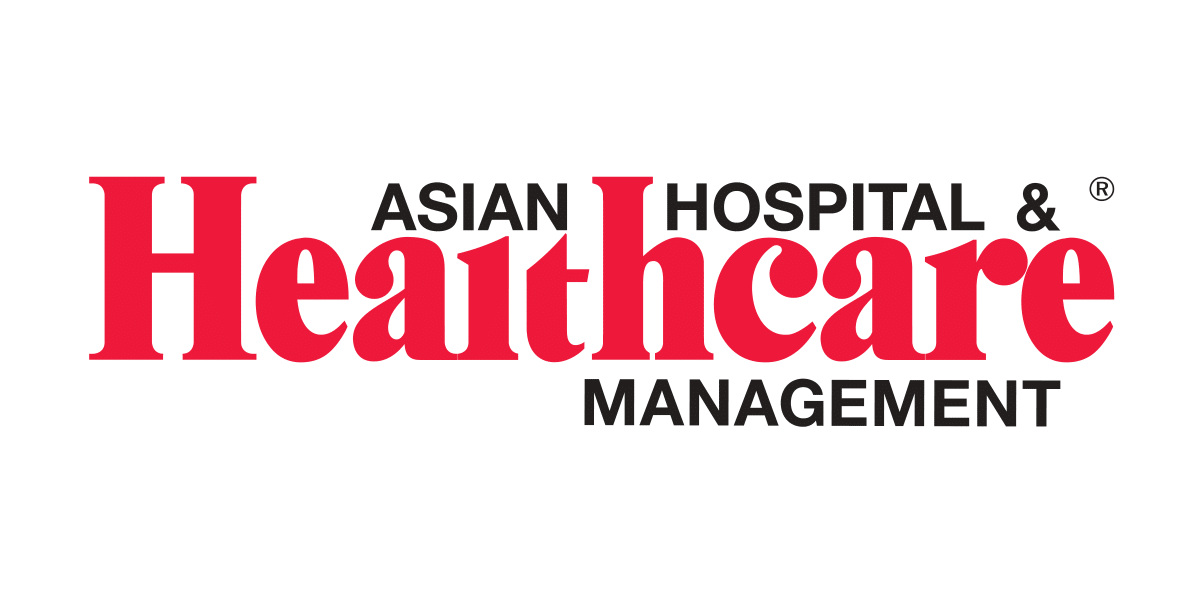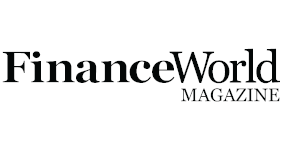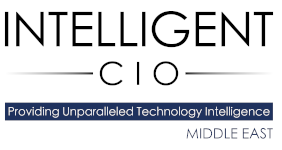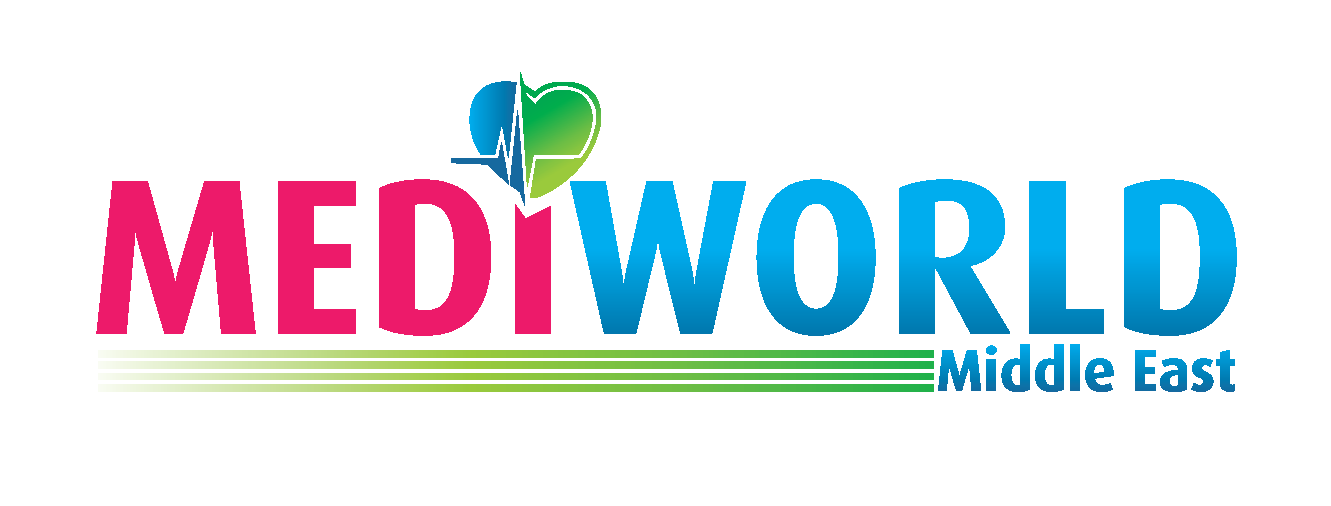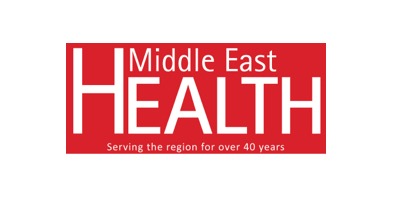Adapting to the new normal in payer-provider relationships in a post-COVID-19 health insurance environment
As we turn our focus towards post-COVID-19 recovery in the UAE, how will payers, providers and end-users look to reset and redefine their relationships to deal with the fundamental disruptions in the health insurance landscape?
With the gradual lifting of the stringent lockdown measures mandated by the United Arab Emirates (UAE) government, hospitals, clinics and other healthcare providers across the country are coming to terms with a ‘new normal’ in a post-COVID-19 healthcare environment. Similarly, insurers and other payers are looking at ways to collaborate with providers and end-users to adjust to their new financial realities. From an end-user perspective, employers in the UAE under considerable pressure to cut costs with many companies looking to make savings through reduced health insurance premiums.
An obligation to protect employees
In the UAE, where employers are responsible for providing health insurance for their employees, some businesses are increasingly delaying their insurance premium payments following the slowdown in the economy since the outbreak of coronavirus. In a recent interview with Gulf Business, Aetna International’s EMEA CEO David Healy described how companies in the UAE would increasingly look for insurers that can support their new status quo. As a result, organisations are exploring options for reducing their employee coverage premiums by shopping for bargain offers upon renewal such as free coverage for a month or the flexible payment options.
“Some may want to increase their overall co-pay or reduce their benefits, to lower premium costs. Others may opt for comprehensive regional coverage over international,” he said. “They will expect insurance companies to be ready with plans that fit circumstances.”
Meanwhile, Jayan K, CEO of Right Health, which operates a network of clinics in the UAE, told Gulf News that eventually, it is the employees who will feel the pinch from the tightening up of medical policies. According to Jayan, those employees enjoying higher coverage and benefits will be forced to accept lower premium products. “The financial pressures on employers to reduce their operational costs will result in them choosing more affordable categories like restricted networks and essential plans, for example.”
In the same article, Avinash Babur, CEO of InsuranceMarket.ae, explained that copayments are generally a great way to decrease cost pressure on medical insurance and curtail unnecessary utilisation but without compromising on the coverage. “We typically advise this as a productive tool to address cost-related concerns of employers, and we have seen a gradual increase in copayment requirements in health plans,” Barbur said.
Redefining the payer-provider relationships
According to a recent whitepaper co-authored by the BDO Center for Healthcare Excellence & Innovation and lawyers from Jones Day, COVID-19 has disrupted the sense of normalcy in healthcare delivery, and its disruptive impact on the payment and delivery system, will be felt for the foreseeable future. The relationship between payers and providers must be redefined in the post-pandemic healthcare industry.
The paper highlights the following as among the most significant trends that are impacting the payer-provider relationship and are providing actionable insight into how the relationship between payers and providers must evolve:
- Increased financial challenges from lower patient volumes and revenue
- Disrupted value-based care in pay-for-performance models
- Increased retroactive disenrollment among patients
So, as providers assess changes in their operational landscape and plan for economic recovery, the whitepaper suggests a number of strategies that are worthy of providers’ consideration:
- Collaborate with payers on financial relief solutions and additional funding sources
- Restructure payer contracts
- Diversify services
- Limit risk related to future retroactive disenrollment
- Reassess nonpayment contract terms
- Prepare for challenging negotiations with payers
Implications for the future
The COVID-19 pandemic is likely to have a long-lasting effect on the health insurance industry with both challenges and opportunities arising in tandem to shape the future of the industry. As KPMG International’s global head of insurance, Laura J. Hay, explained in a blog post on the company website, the crisis may have a number of long-term constructive effects on the sector.
“As the pressure on health services rises due to the sheer number of patients, we are likely to see a rise in telehealth services, making healthcare more available and accessible. Also, the very pandemic itself may cause more people to reconsider their individual health insurance needs with rising sales of health insurance, critical illness and even life cover across the world.”
About Arab Health
Arab Health is the largest healthcare event in the Middle East and is organised by Informa Markets. Established in 1974, Arab Health provides a platform for the world’s leading manufacturers, wholesalers and distributors to meet the medical and scientific community in the Middle East and subcontinent.
The upcoming edition of the event is expected to welcome the healthcare industry to view the latest healthcare innovations, products and services, and experience the highest quality Continuing Medical Education (CME) conferences for medical professionals in the region.
Interested in participating in Arab Health?
If you have any other queries, email us on [email protected]









